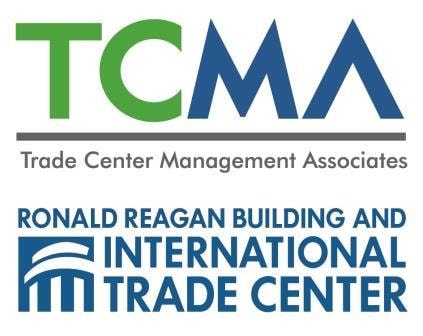To order from Amazon, please click here.
Journey into Europe: Islam, Immigration, and Identity
Europe today confronts complicated and controversial issues surrounding its Muslim population including Sharia law, terrorism, the building of mosques, female dress, and the pressures of immigration and multiculturalism. Akbar Ahmed, the world renowned Muslim anthropologist, is now embarking on a new study of Islam in Europe which will take him and his international team across the continent. Journey into Europe is the fourth part of an unprecedented quartet of award-winning books exploring relations between the West and the world of Islam after 9/11.-
Recent Posts
- A poem by Ejaz Rahim in honor of Jacinda Ardern, the prime minister of New Zealand
- Journey into Europe named in The Star Tribune as a “great summer book picked by the experts, your Twin Cities librarians”
- Journey into Europe featured in Newsweek’s “50 Coolest Books to Read This Summer: 2018’s Best Fiction and Non-Fiction (So Far)”
- Journey into Europe: An antidote to the Clash of Civilizations – Jocelyne Cesari, Al-Bilad
- Ambassador Ahmed to launch Journey into Europe at SOAS, University of London on May 24 at 6:30pm
Archives
- March 2019
- June 2018
- May 2018
- April 2018
- March 2018
- February 2018
- January 2018
- December 2017
- November 2017
- August 2017
- July 2017
- June 2017
- May 2017
- April 2017
- March 2017
- February 2017
- January 2017
- December 2016
- November 2016
- October 2016
- September 2016
- August 2016
- July 2016
- June 2016
- May 2016
- April 2016
- March 2016
- February 2016
- January 2016
- December 2015
- November 2015
- October 2015
- September 2015
- August 2015
- July 2015
- June 2015
- May 2015
- April 2015
- March 2015
- February 2015
- January 2015
- December 2014
- November 2014
- October 2014
- September 2014
- August 2014
- July 2014
- June 2014
Categories
CONTACT
For media interviews or other enquiries, please contact Patrick Burnett at patrickb@american.edu.- Graphic courtesy of Abbas Maysam Zahedi (abbzah.com)

Professor Akbar Ahmed’s Journey into Europe research project, studying Muslim life in Europe, is supported and funded by the Stiftung Mercator Foundation.

